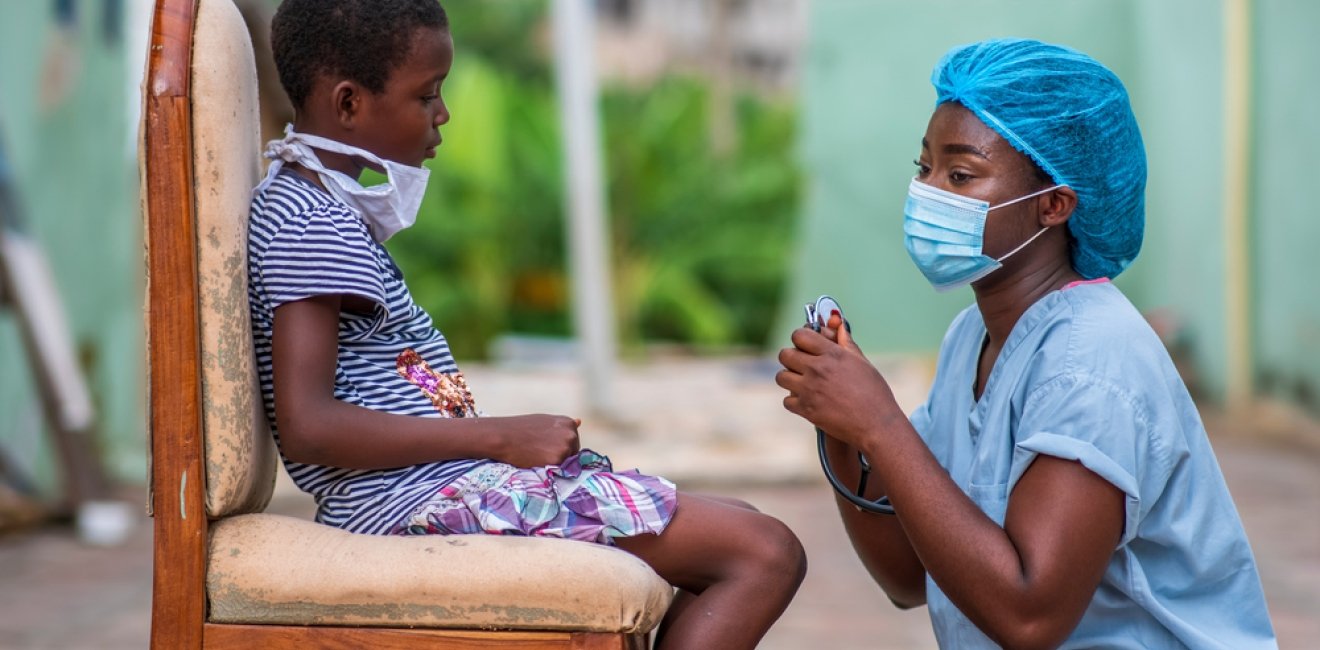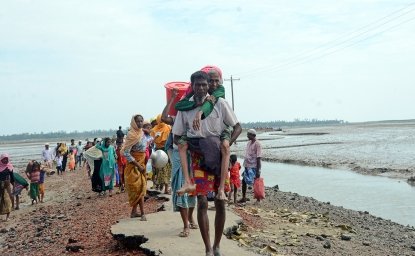
A blog of the Wilson Center

On average, 500 nurses leave Ghana for the West every month.
According to the World Health Organization’s WHO health workforce support and safeguards list 2023, some 55 countries have significant health staffing shortages—by the numbers, that means fewer than the median of 49 health workers per 10,000 people—and 40 of them are in Africa. In other words, roughly 80% of Africa is experiencing medical staff shortages and high rates of healthcare professionals leaving to work in other countries.
Unfortunately, high rates of healthcare professionals leaving the continent is neither a new phenomenon, nor limited to Ghana. Egypt’s former health minister recently lamented that 65% of Egyptian doctors are working abroad, and a report from the UK’s House of Commons found that more than 3,000 Ghanaian health professionals had left that country for the United Kingdom from 2018 to 2021. At least 9,000 doctors left Nigeria to work in the UK, United States, and Canada from 2016 to 2018. And, when looking at 2015 data, the WHO found that Liberia had a mere 51 doctors for a population of 4.5 million, and Sierra Leone only had 136 doctors for 6 million people, making the doctor-to-population rate 0.1 and 0.2 per 1,000 people respectively.
One reason for the mass exodus is recruitment campaigns by Western countries targeting healthcare professionals from low-income countries, a practice that has only grown in the aftermath of the COVID-19 pandemic. For example, the UK now employs more Ghanaian nurses than Ghana does. When the WHO health workforce list came out, the UK updated its code of practice for international healthcare recruitment, announcing it would stop recruiting from “red list” countries without government-to-government agreements in place for a more managed approach.
The harsh reality is that even if every wealthy nation followed the UK’s lead and ceased recruiting healthworkers from lower income ones without meeting specific conditions—or even took it further—the problem is unlikely to go away anytime soon. Low government funding for healthcare, as well as poor pay and working conditions are the main reasons that many healthcare professionals look for work elsewhere. A typical nursing salary in Ghana is roughly $150-300 a month, many aren’t paid regularly, and working conditions are, to put it mildly, less than optimal. “I couldn't afford many basics. Nurses suffer low and sometimes delayed salaries. Sometimes you don't have some basic things like gloves to work with but in the UK, things are totally different,” one nurse who left for the UK after working for seven years in Ghana's Korle-Bu Teaching Hospital told The Africa Report. The average doctor’s salary in Egypt is $120 a month—in Saudi Arabia, they can earn $2,140 on average, with more experienced doctors earning close to $6k a month.
In 2001, countries within the African Union pledged to allocate at least 15 percent of their annual budgets to improving healthcare conditions in their countries. Unfortunately, ten years on, only Mauritius, Seychelles, and Eritrea had met that target. An example of how far off some countries remain: in 2022, only 3.9% of the Nigerian budget was allocated to healthcare.
With the COVID-19 pandemic officially over, policymakers and public health officials are asking themselves what needs to be done in order to prepare for or, hopefully prevent, the next global health crisis. No matter which aspect of the pandemic one focuses on—from detection to treatment, prevention to the resilience of supply lines—it’s clear that countries need more healthcare workers and professionals. The exodus of skilled personnel from lower income countries is a warning sign that the world has a ways to go—in some places, a long ways to go—before we can consider ourselves ready for whatever the future might bring.
This blog was compiled with the assistance of Carlotta Murrin.
Author

Explore More in Stubborn Things
Browse Stubborn Things
China and the Chocolate Factory

India: Economic Growth, Environmental Realities

From Under the Seas and Up to the Cloud
